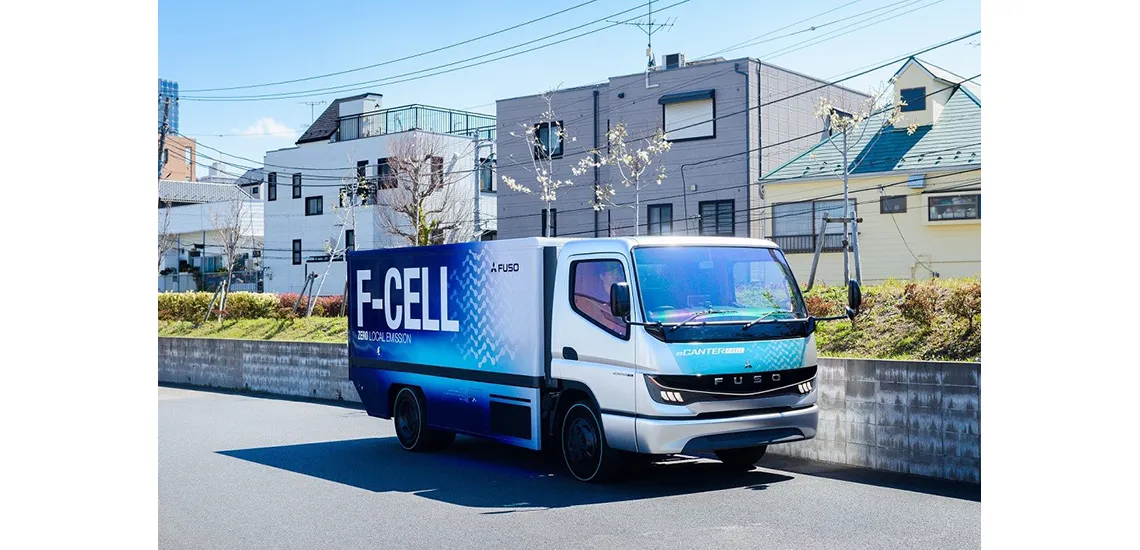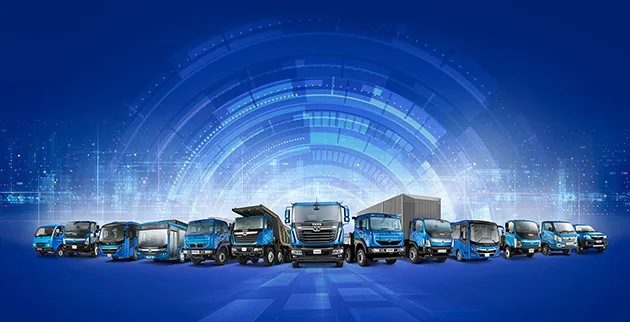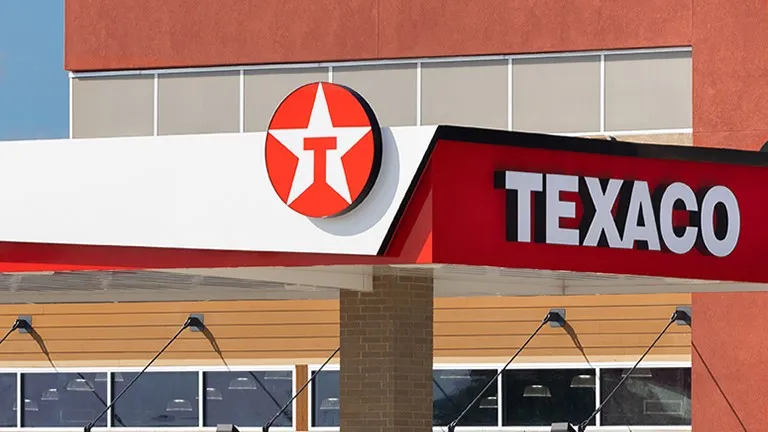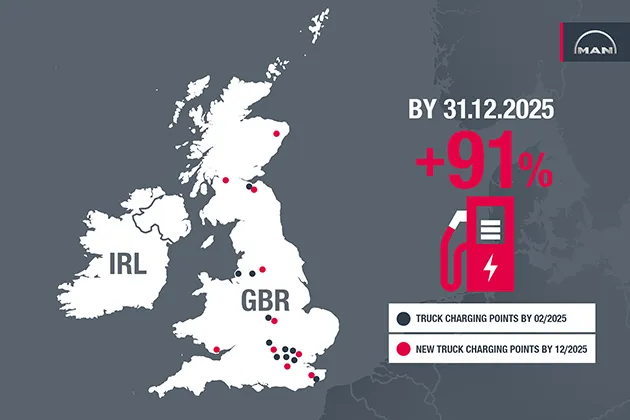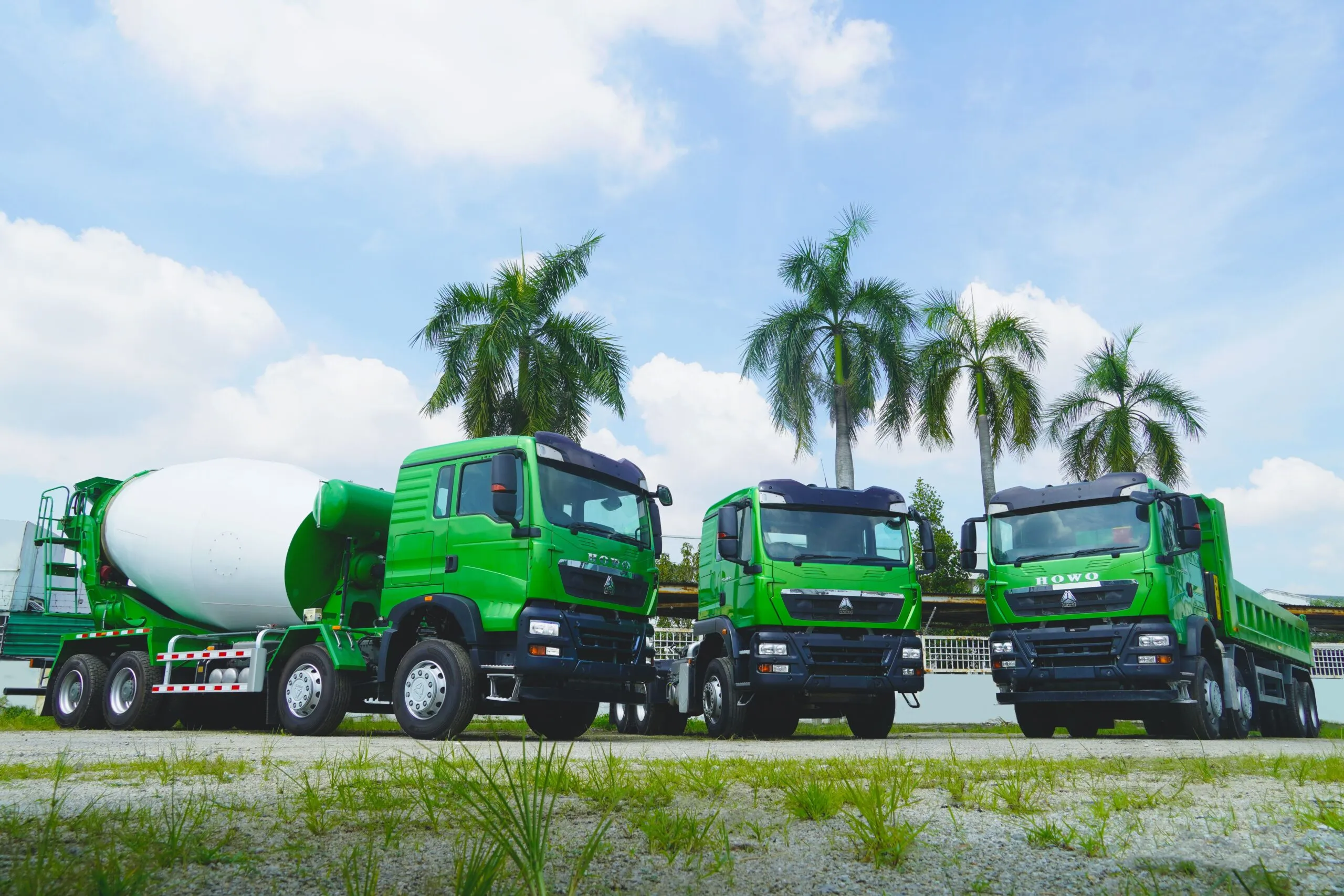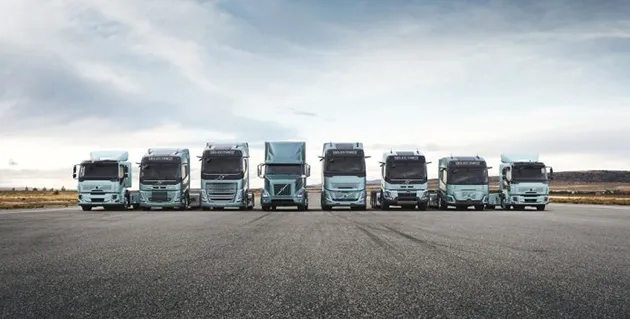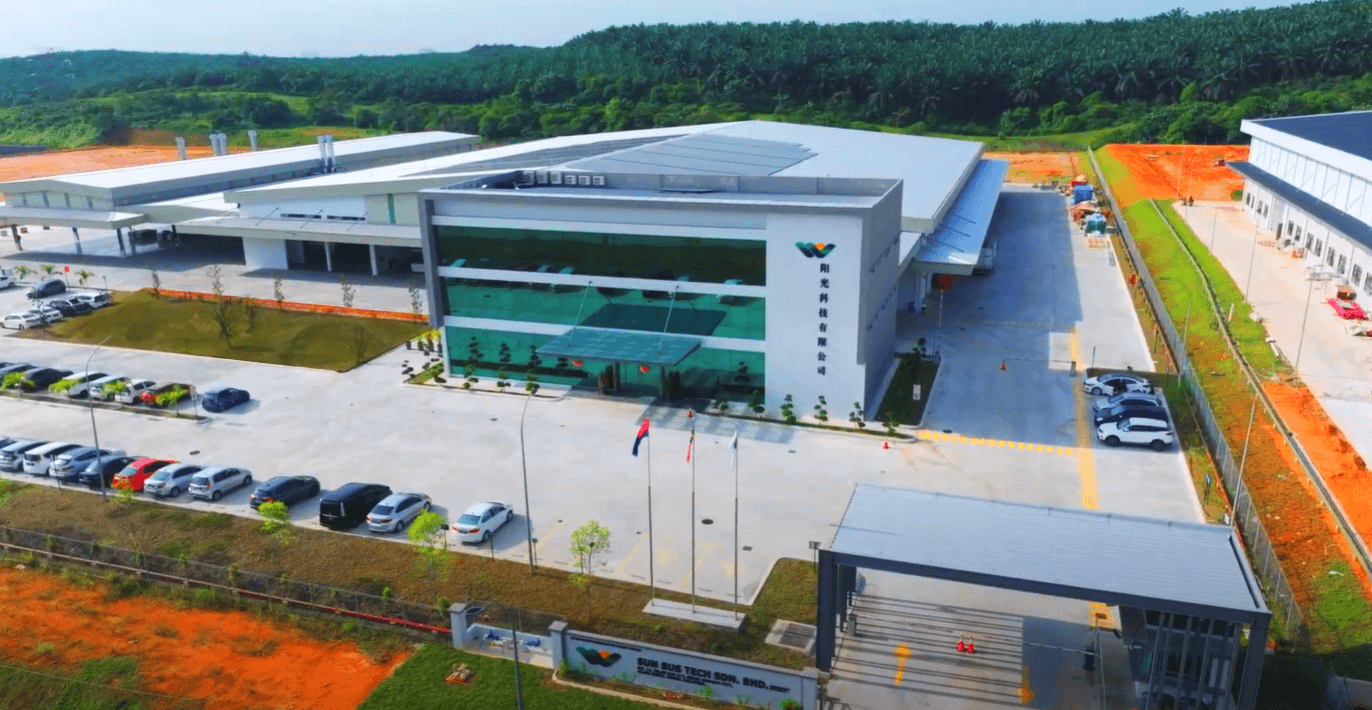Mitsubishi Fuso Truck and Bus Corporation (MFTBC) has announced its participation in the Japan Hydrogen Association.
MFTBS Aims to Reduce CO2 Emissions
MFTBC remains committed to the Paris Agreement as a commercial vehicle manufacturer, and is accelerating efforts aimed at reducing the CO2 emissions of its products. The company has presented its goal to start the mass production of fuel cell trucks by the late 2020s, and shift all new vehicles to ‘tank-to-wheel’ CO2-neutral models by 2039. MFTBC first unveiled the Vision F-CELL, its fuel-cell run light-duty concept model at the 46th Tokyo Motor Show in 2019, and also revealed a newly improved version of the same concept vehicle through test drives in June 2020. At the same time, Mitsubishi Fuso has also led the drive toward zero emissions in the commercial vehicles industry; a total of over 180 eCanter electric trucks that went on sale in 2017 are already being operated by customers in Europe, the United States and Japan.
Daimler Trucks, of which MFTBC is an integral part, is also taking decisive actions toward a CO2 neutral future. Daimler Trucks revealed a fuel cell heavy-duty truck in September 2020, with plans to commence mass production in the latter half of the 2020s after conducting practical tests. Daimler is also setting the course for CO2 neutral transport through battery-electric drivetrains, with milestones such as the series production of the eActros and the eActros Long Haul planned for 2021 and 2024, respectively.
Through its participation in the Japan Hydrogen Association, MFTBC aims to accelerate the realisation of a hydrogen-fueled society by teaming with other enterprises and local governments to build the social infrastructure required for the effective development, verification, commercialisation of fuel cell commercial vehicles.

